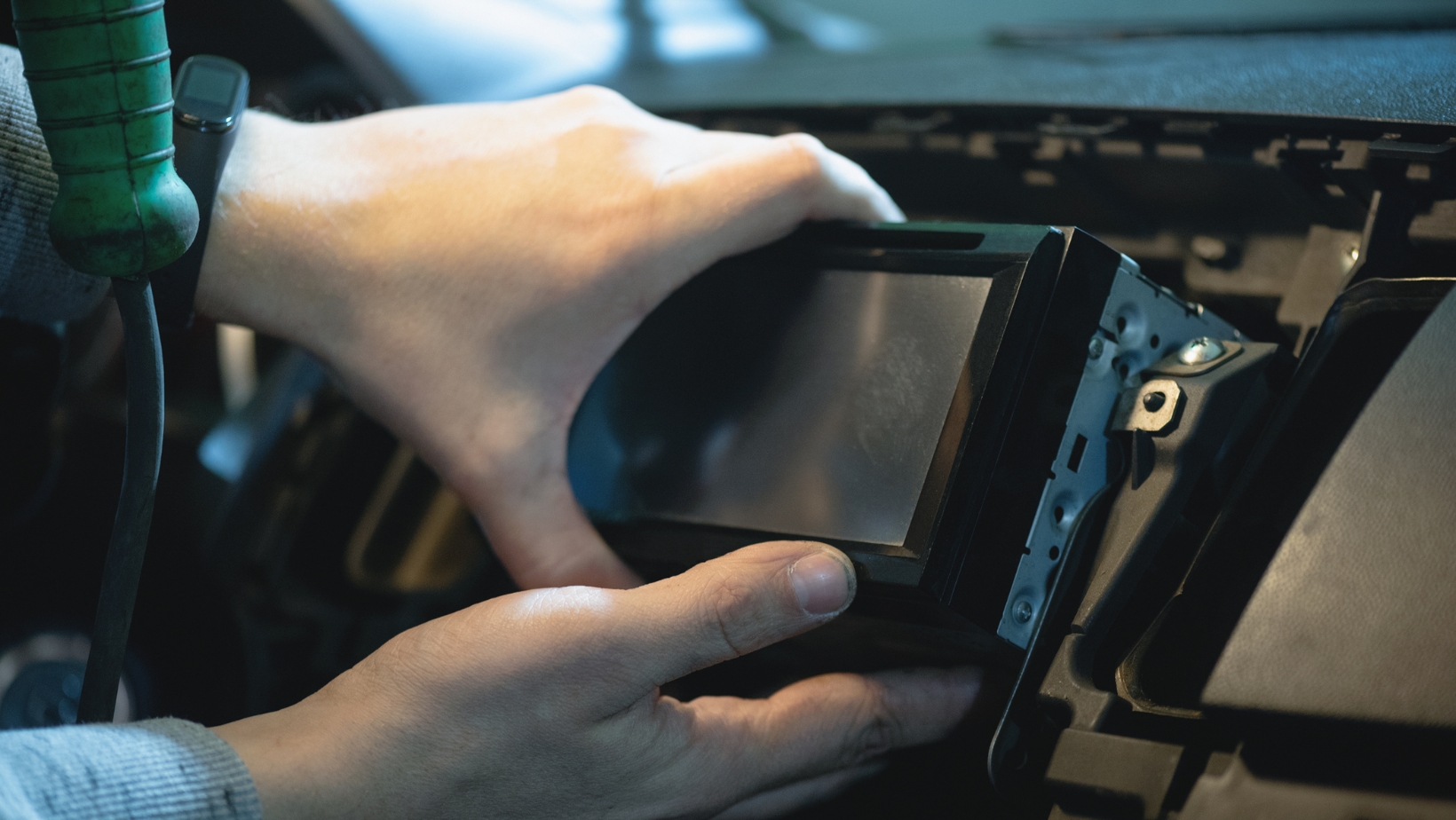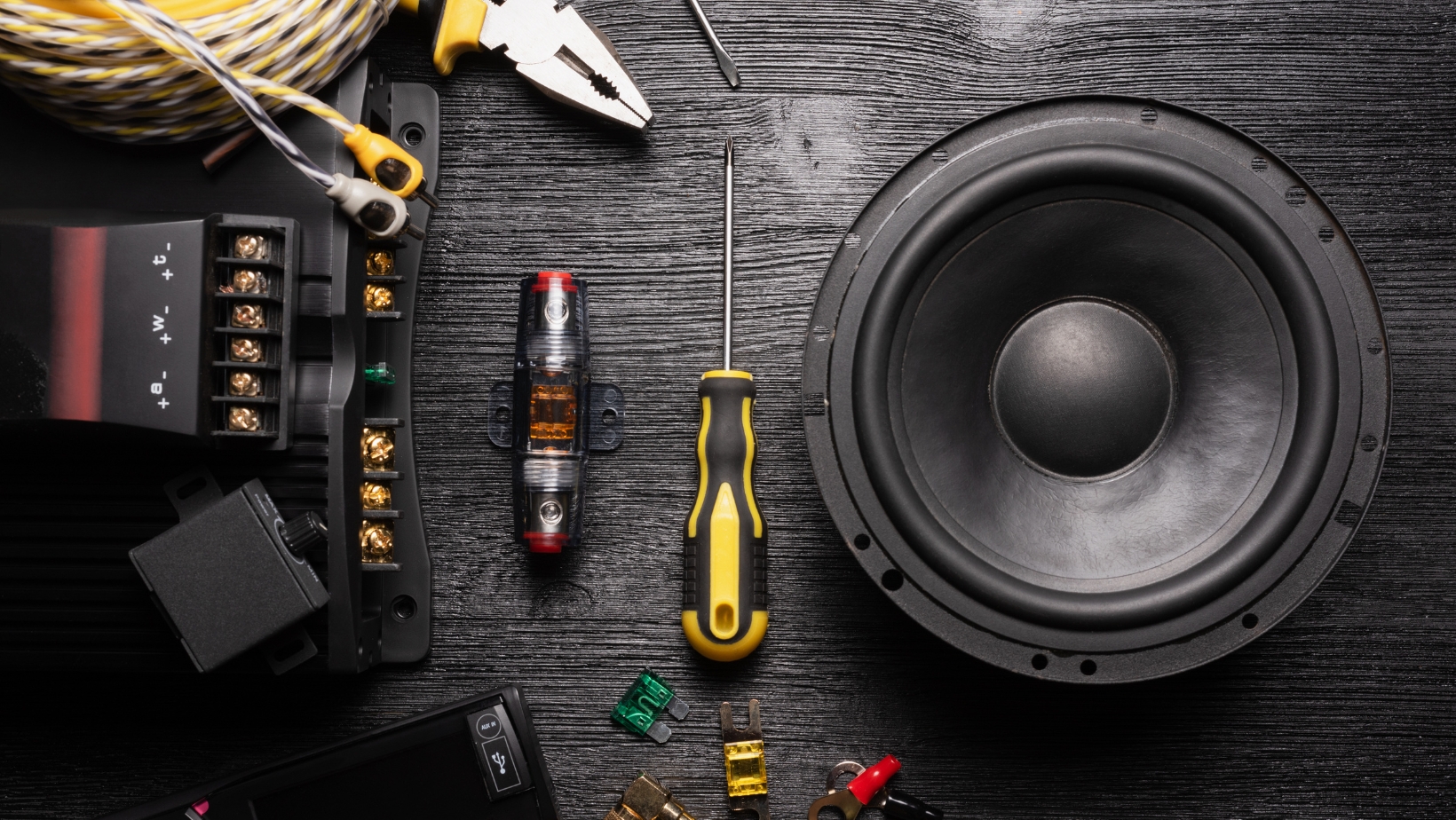If you’re experiencing issues with your car audio amp, don’t worry – there are solutions available for repairing it. Car audio amp repair is a specialized service that can help restore the functionality of your amplifier and ensure optimal performance. Whether you’re dealing with distorted sound, lack of power, or other problems, seeking professional assistance can save you from the frustration of a malfunctioning audio system.
When it comes to car audio amp repair, it’s important to trust experienced technicians who have the knowledge and skills to diagnose and fix the issue. They can identify faulty components, such as capacitors or transistors, and replace them if necessary. Additionally, they can troubleshoot wiring problems or address any other underlying issues that may be affecting the performance of your amplifier.
Investing in car audio amp repair not only saves you money compared to purchasing a new amplifier but also allows you to retain the original equipment installed in your vehicle. With expert repairs, you can enjoy high-quality sound once again during your drives. So if your car audio system is suffering from amplifier problems, consider reaching out to professionals who specialize in car audio amp repair for a reliable solution.
Car Audio Amp Repair
Troubleshooting Distorted Sound
When it comes to car audio amp repair, one of the most common issues that car owners encounter is distorted sound. It can be frustrating when your favorite tunes are marred by unwanted crackling, popping, or buzzing noises. This distortion can occur due to various reasons, including:
- Incorrect Gain Settings: Improperly adjusted gain settings can lead to distorted sound output. It’s essential to ensure that the gain levels are correctly set according to the specifications provided by the manufacturer.
- Loose Connections: Loose or damaged connections between the amplifier and speakers can result in signal interference and cause distortion. Checking all the wiring connections and ensuring they are securely attached is a crucial step in troubleshooting this issue.
- Speaker Impedance Mismatch: Using speakers with an impedance rating that doesn’t match the amp’s requirements can lead to sound distortion. Verifying that the speaker impedance matches what is recommended for your amplifier is vital for optimal performance.
If you’re experiencing distorted sound from your car audio amp, start by checking these common culprits before diving deeper into more complex troubleshooting methods.

Identifying Power Supply Problems
Another frequent issue faced by car audio enthusiasts is power supply problems with their amplifiers. A faulty power supply can cause a range of issues, such as no sound output or intermittent operation. Here are some factors to consider when dealing with power supply problems:
- Battery Voltage: Insufficient voltage from your car battery may not provide enough power to properly operate your amplifier. Ensure your battery has sufficient charge and check for any loose connections or corrosion that could hinder electrical flow.
- Blown Fuses: Amplifiers often have internal fuses designed to protect against power surges and other electrical mishaps. If you’re experiencing complete loss of power or intermittent operation, it’s worth checking these fuses to see if they need replacing.
- Grounding Issues: Poor grounding can lead to unwanted noise, reduced power efficiency, and even damage to your amplifier. Make sure the amp’s ground wire is securely connected to a suitable grounding point in your vehicle.
By addressing potential power supply problems, you can help ensure that your car audio amp functions at its best.
Fixing Overheating Issues
Car audio amps are prone to overheating due to their compact design and the high-power demands they face. Overheating can lead to reduced performance, distortion, or even permanent damage if left unchecked. Here are some tips for fixing overheating issues:
- Proper Ventilation: Ensure that your amplifier has sufficient airflow around it. Avoid installing it in cramped spaces or blocking ventilation openings with objects that restrict air circulation.
- Check Speaker Impedance: Using speakers with impedance lower than recommended by the manufacturer can cause excessive heat generation in the amplifier. Verify that the speaker impedance matches what is specified for your particular model.
- Amplifier Placement: Mounting your amp on metal surfaces or near heat sources like exhaust pipes or engine components can contribute to overheating. Choose a location away from direct heat exposure and consider using insulation materials if necessary.
By implementing these measures, you can minimize the risk of overheating and prolong the lifespan of your car audio amp.
Remember, while troubleshooting common issues with car audio amps may be manageable for some users, more complex repairs may require professional assistance. Don’t hesitate to consult an expert if you encounter difficulties in resolving these issues on your own.








































